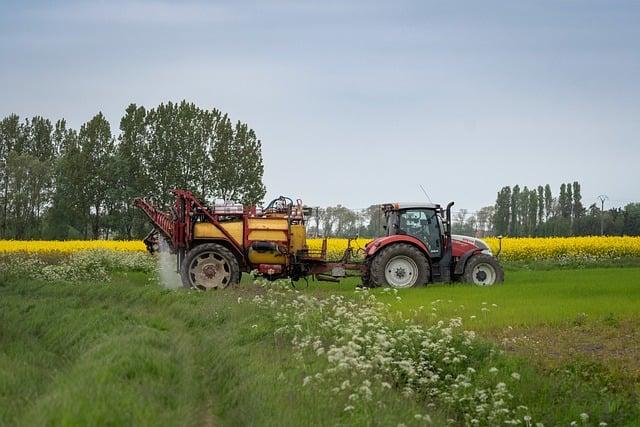The Politics of Agricultural Policy in Pakistan
Pakistan’s agricultural sector is a vital part of its economy, providing employment, food security, and export revenue. Yet, the politics surrounding agricultural policy are complex and fraught with challenges. This article delves into the intricacies of agricultural policy in Pakistan, examining its historical context, current issues, and future prospects.
Historical Context of Agricultural Policy in Pakistan
Since its independence in 1947, Pakistan’s agricultural policies have evolved significantly. Initially focused on self-sufficiency, policies have shifted toward commercialization and export-oriented strategies. This transition has revealed several political and economic challenges, including:
- Land Reforms: Attempts to redistribute land have met with resistance and inconsistencies.
- Subsidy Systems: Government subsidies have been instrumental but often misallocated, leading to imbalances.
- Investment in Infrastructure: Lack of investment in rural infrastructure has hindered agricultural growth.
Current Political Landscape and Its Impact on Agricultural Policy
The contemporary political landscape in Pakistan poses significant implications for agricultural policy. Key political actors, including the government, landowners, and agricultural organizations, have diverse interests that influence policy outcomes.
Key Political Actors
- The Government: Responsible for policymaking, incentives, and support mechanisms.
- Landowners: Often have substantial influence over local policies due to their economic power.
- Farmers’ Organizations: Advocate for rural rights and demand fair policies to support small-scale farmers.
Challenges in Policy Implementation
The implementation of agricultural policies is often hampered by:
- Political instability, leading to inconsistent policy measures.
- Corruption within agricultural departments, affecting subsidy distribution.
- Lack of participation from grassroots farmers in decision-making processes.
The Role of Agricultural Policy in Food Security
Food security is one of the most pressing issues facing Pakistan, with agricultural policy playing a critical role. Current agricultural policies aim to:
- Increase production through modern farming techniques.
- Enhance distribution systems to reduce post-harvest losses.
- Promote crop diversification to meet both local and international demands.
Case Study: The Cotton Sector
Cotton is a significant cash crop for Pakistan. The policies governing this sector reflect broader trends in agricultural governance. Challenges include:
- Pesticide misuse, which negatively impacts both health and yields.
- Market fluctuations due to global price changes.
- Inadequate government support for farmers transitioning to sustainable practices.
Benefits of a Sustainable Agricultural Policy
Implementing sustainable agricultural policy can yield multiple benefits including:
- Economic Growth: Increased agricultural productivity can stimulate economic development.
- Environmental Sustainability: Promoting eco-friendly farming practices can preserve natural resources.
- Social Equity: Ensuring fair policies that support smallholder farmers promotes social justice.
Practical Tips for Engaging with Agricultural Policy
Farmers and stakeholders can engage with agricultural policy more effectively through:
- Understanding Policy Changes: Stay informed about local and national agricultural policies.
- Participating in Forums: Join agricultural forums or workshops to discuss concerns with policymakers.
- Advocating for Rights: Collaborate with farmers’ organizations to advocate for fair policies.
Conclusion
The politics of agricultural policy in Pakistan is intricate, involving various actors with competing interests. Understanding these dynamics is crucial for fostering sustainable agricultural practices that support food security and economic development. As Pakistan navigates its path forward, equitable and well-implemented agricultural policies will play a central role in shaping a prosperous future for its farmers and the nation as a whole.



